If you’re thinking of selling a ski property – or you’re simply planning ahead while purchasing – the question of taxes will inevitably come up. If you’re selling a ski home, particularly if it’s in another country, will you be expected to pay tax on that sale? We have a look at how capital gains tax and its equivalents work around Europe.
What is capital gains tax?
Capital gains tax is simply the tax you pay on the profit you are judged to have made between your property’s original value and the value you sell it at (ie the gain you are perceived to have made).
Generally speaking, it will be paid by the seller, although it is not completely unknown in Spain to negotiate that the buyer pays, when the market is particularly buoyant.
How much would you pay?
Generally, the amount that you’re paying will depend on country and on whether you are tax-resident in that country or not – rates can be different. Here’s what to expect for the major skiing countries in Europe.
Austria
Austria probably has the simplest system: rather than creating different scales, the gains are treated as simple business income and taxed at 25%.
France
In France, if the property owned is your main home and you are tax-resident in the country, then you don’t need to pay capital gains tax when you sell. If you move out even shortly before you sell, however, this exemption will disappear.
The basic capital gains tax in France is 19%, with an additional 2% added on for anything over €50,000 and 6% over €260,000. As of 2019, you’ll need to add social charges (prélèvement social), which are used to help fund the French social security system. As a resident, you’d pay an extra 17.2%, or a flat 7.5% if you are non-resident or are resident but covered by another country’s healthcare (eg with an S1 form).
There is sometimes a further exemption for an EU (or French) citizen who has been living abroad for fewer than five years and was previously tax-resident in France for at least two years. In this case, you won’t need to pay capital gains tax on the first home you sell up for the first €150,000.
Italy
In Italy, you’ll only pay capital gains tax if you’ve owned the property for fewer than five years, or if it’s your primary residence. Otherwise, you can either enter it as ‘other income’ on an Italian tax return and pay standard income tax, or instead pay a flat rate of 20%. The 2020 budget has a provision for this to be increased to 26%, but it’s not been implemented yet.
Spain
In Spain, you pay both capital gains and municipal plusvalía tax.
If you’re selling your main home, are tax-resident in Spain, and you reinvest the proceeds into your new main home within two years in an EU country, then you will be exempt from capital gains tax; the same goes if you are over 65 and tax-resident in Spain.
Capital gains tax itself is calculated on the difference between the value in the Land Registry and the sale price, rather than what you purchased it for and the sale price. For Spanish tax residents, you pay 19% up to the first €6,000, 21% up to €50,000 and 23% for anything above that. EU nationals who are not tax-resident in Spain will pay a flat 19%, while non-EU nationals will pay 24%.
As for plusvalía, the actual amount is calculated by your local town hall (ayuntamiento) and cannot exceed 30%.
Switzerland
Switzerland’s capital gain’s tax for real estate is termed ‘property gains tax’ and is set at the cantonal level. Generally speaking, it decreases the longer you’ve owned the property.
Take Canton Valais, where you’ll find popular resorts like Zermatt, as an example. For anything up to CHF50,000, you’ll pay from 19.2% in the first year of ownership down to 1% after 25 years. From CHF50,001 to CHF100,000, it’s 28.8% down to 2%. For anything above CHF100,000, you’re looking at 38.4% down to 3%.
Get the most out of your sale
When you sell your property, you do need to take into account the costs – including the taxes outlined above. However, that’s not the end of the story. Even once you’ve subtracted costs, sending your profit back to the UK means exposing it to the vagaries of the currency markets. There’s a choppy year coming up, with the Brexit trade negotiations likely to have a significant impact on exchange rates – and that could diminish your returns by thousands.
However, it is possible to protect your money against this risk with a bit of prior planning. Find out what you need to do in the Property Buyer’s Guide to Currency.
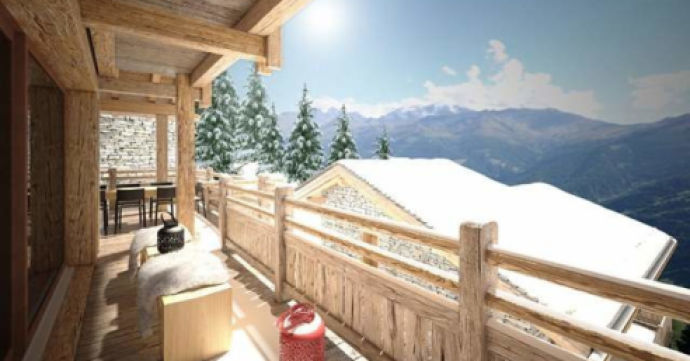
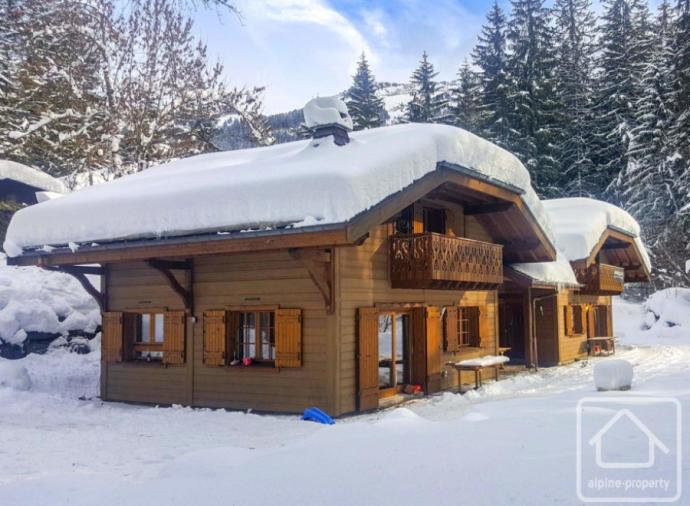
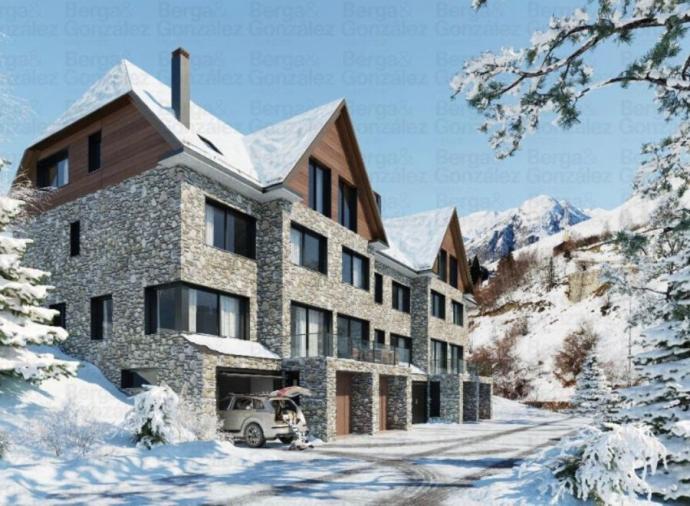
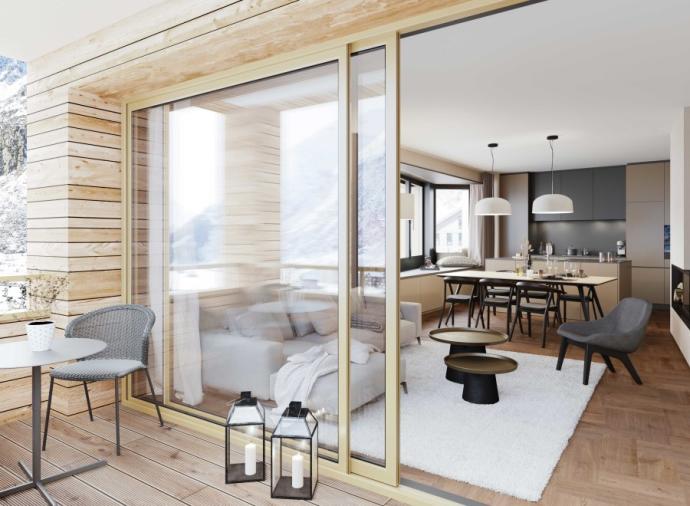
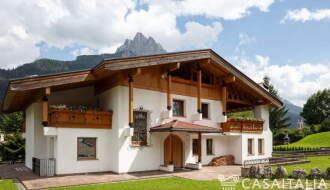
 Feb 26, 2024
Feb 26, 2024

